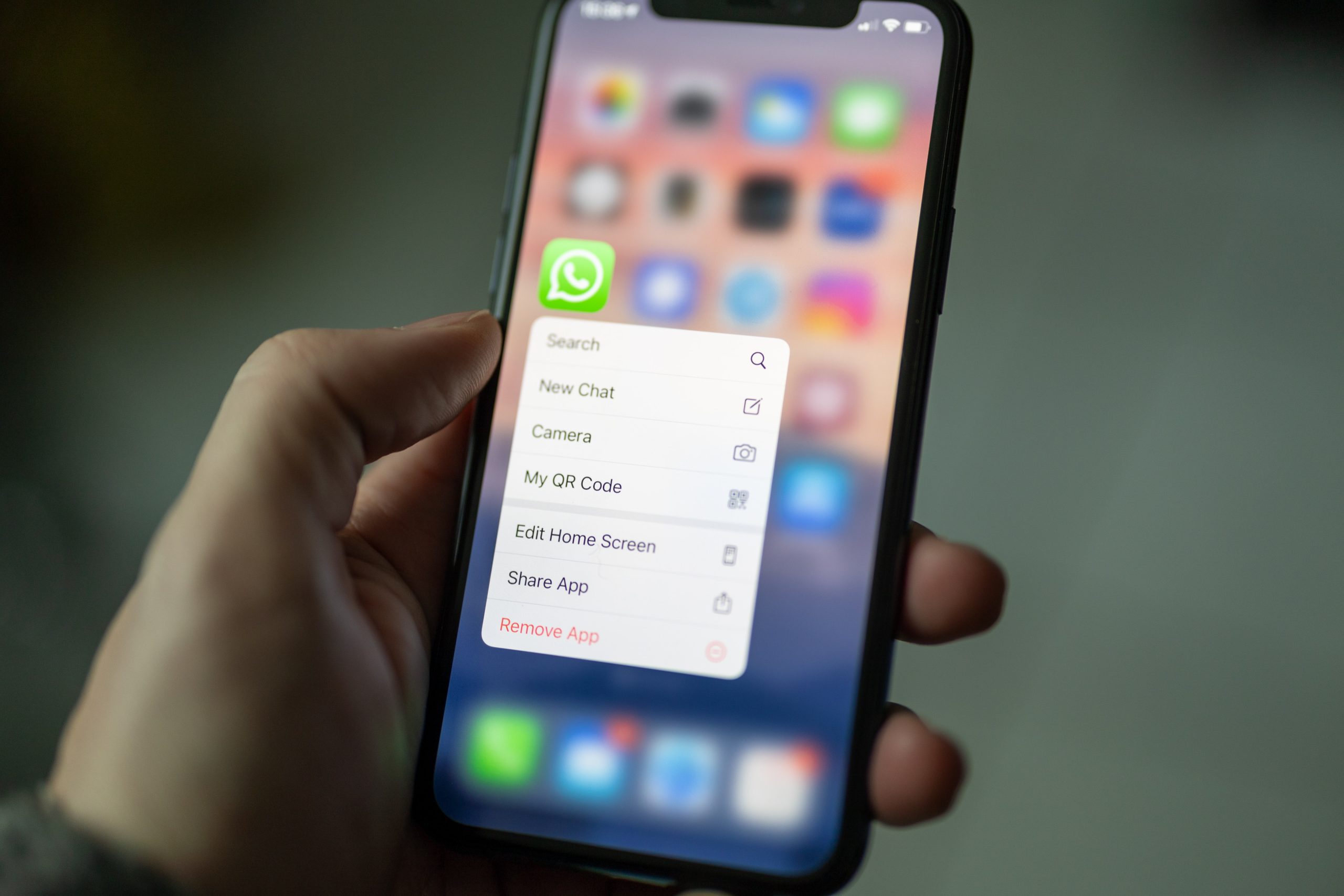WhatsApp can now leave a group silently, among other things, thanks to the company’s latest added features.
WhatsApp has announced a new set of updates to its mobile application for stricter privacy and more convenience, the company’s CEO revealed on Tuesday.
The new features allow users the ability to exit groups silently and to choose who can view their online status. Not only that, but the ability to screen shot “view once” conversations will also be blocked permanently to allow more privacy.
“New privacy features coming to WhatsApp: exit group chats without notifying everyone, control who can see when you’re online, and prevent screenshots on view once messages. your messages and keep them as private and secure as face-to-face conversations,” Mark Zuckerberg, Founder, and CEO Meta said.
“We’ll keep building new ways to protect your messages and keep them as private and secure as face-to-face conversations,” Zuckerberg added.
New updates: Explained
WhatsApp users will be able to leave a group discreetly without having to inform everyone thanks to the “Leave Groups Silently” option. Instead of everyone receiving a message once a user exits, admins will now be the only ones informed of any changes to group members.
The tech expert announced that all users will begin to receive the features this month— so make sure to keep an eye out for the latest updates!
“Seeing when friends or family are online helps users feel connected to one another, but everyone has had times when they wanted to check their WhatsApp privately,” the company said in a statement.
“For the times you want to keep your online presence private, WhatsApp is introducing the ability to select who can and can’t see when you’re online.”
Additionally, screenshots for ‘View Once Messages’ will no longer be allowed in the instant messaging app. The company further explained that the “View Once” is already a very well-liked method of sharing images or other types of data that don’t require a permanent digital record.
“Now WhatsApp is enabling screenshot blocking for View Once messages for an added layer of protection. This feature is being tested and will be rolled out to users soon,” it said.
According to WhatsApp, the launch of these new capabilities is supported by a recent company privacy survey, which indicated that 72% of people appreciate the ability to talk honestly and without filters, but that more than 47% can only do this in a safe, private setting.
“For the times when you need more privacy, 51% prefer to stay hidden online to choose who they want to talk to. 91% of people who are aware of blocking features believe they are important. That is why WhatsApp is introducing new layers of protection that enable users to speak freely and have private conversations,” it said.
Whatsapp will also launch a new education campaign to raise awareness of the new features so people can feel more comfortable and safe using the application, starting in the UK and India.
“At WhatsApp, we’re focused on building product features that empower people to have more control and privacy over their messages. Over the years, we’ve added interlocking layers of protection to help keep their conversations secure, and the new features is one way we continue to deliver on our commitment to keep messages private,” Ami Vora, Head of Product at WhatsApp, said.
In order to give users more options for securing their messages, WhatsApp has been continuously adding new layers of privacy protections in the past years. These include self-destructing messages that vanish, end-to-end encrypted backups for when you want to save your chat history, 2-step verification for increased security, and the ability to block and report unwanted chats.
No other large-scale global messaging platform, according to Ms. Vora, offers the same level of protection for user messages, media, voice messages, video calls, and chat backups.
“We believe WhatsApp is the most secure place to have a private conversation. And to spread the word about these new features, we’re also kicking off a global campaign, starting with the UK and India, to educate people about how we work to protect their private conversations on WhatsApp,” she added.







